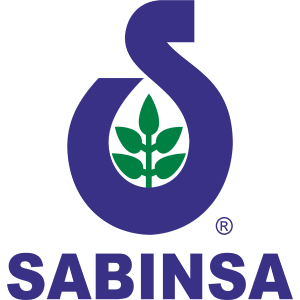An FDA proposal in 1998 stated that supplement labels could not imply any diagnosis, treatment, prevention or cure of a disease or definitive disease symptom. In response to this proposal, the FDA received thousands of letters, from the dietary supplements industry and consumers, petitioning moderation. On January 5, 2000, the FDA conceded a little. Supplements will be allowed to claim to help in the management of ``common conditions'' associated with ``passages of life'' such as pregnancy, menopause, adolescence and aging. However, they should not claim to be useful in the treatment of actual disease conditions. This implies that supplements could claim to ease morning sickness or the common leg swelling of late pregnancy, treat ordinary conditions such as teenage acne and hot flashes associated with menopause but should not claim to treat toxemia or other serious pregnancy complications. While claims to treat joint pain (a symptom of arthritis, a disease) are not permitted, treatment of muscle pain is admissible. ``Mild memory loss associated with aging'' but not real dementia could be claimed to be manageable with the use of supplements.
Limits Eased on Dietary Supplements








